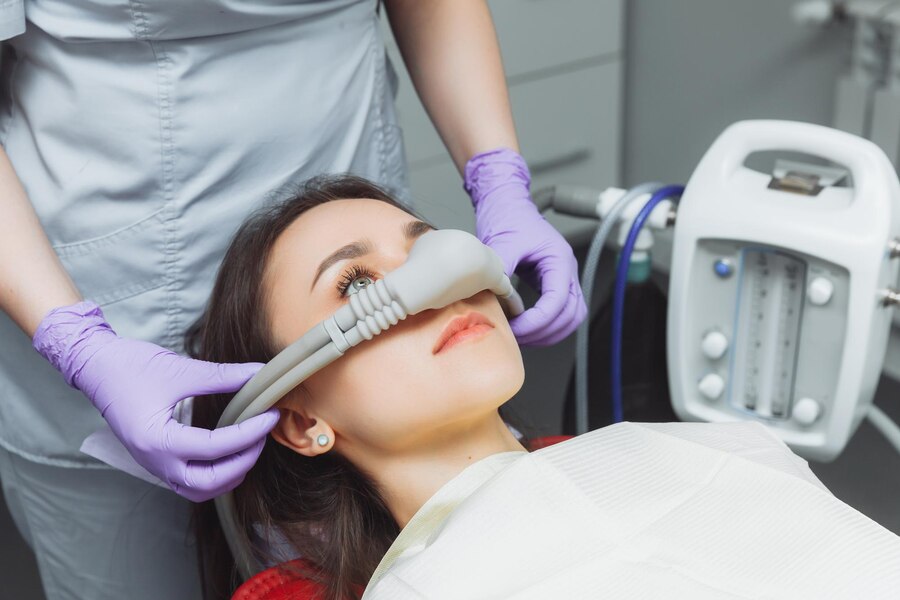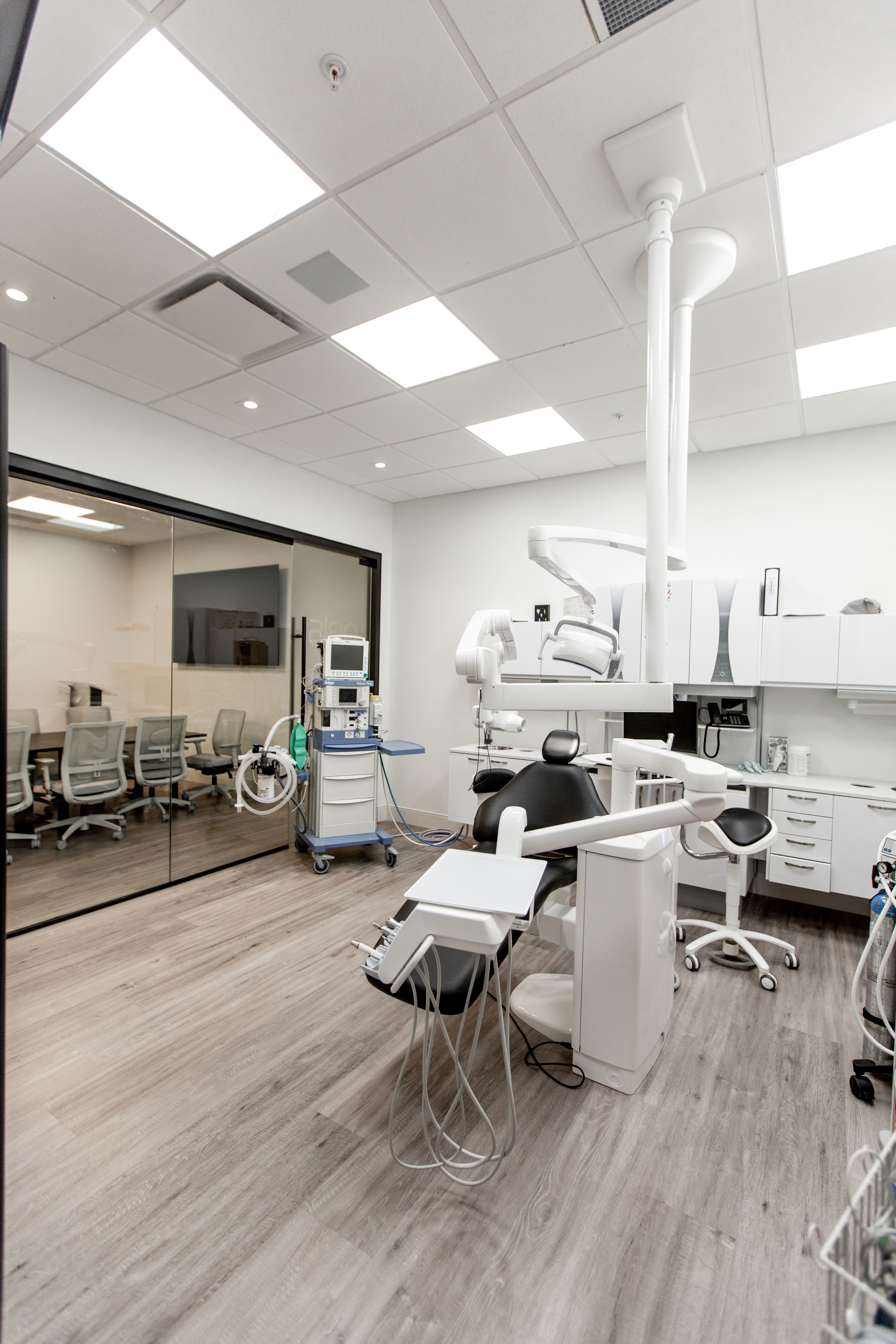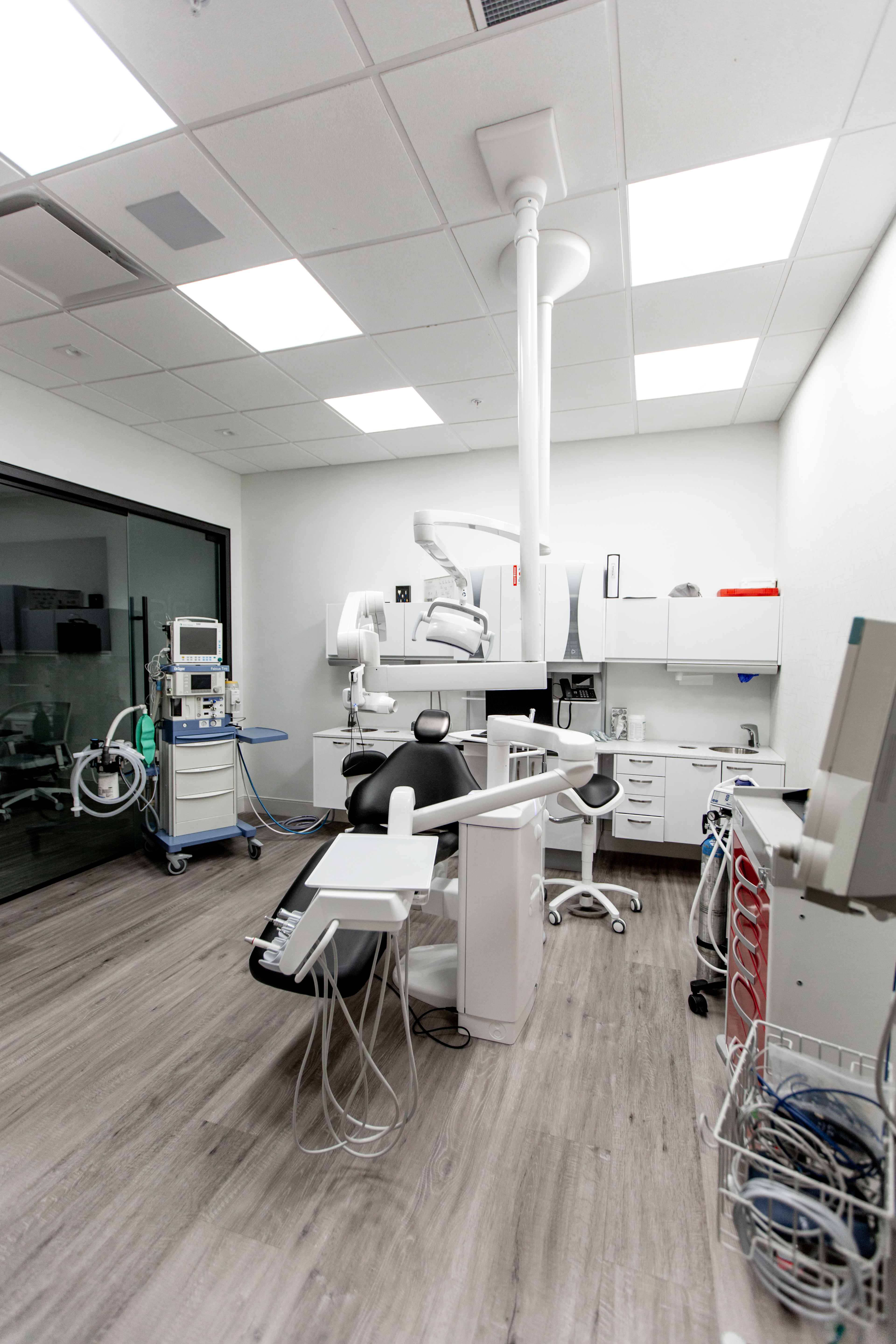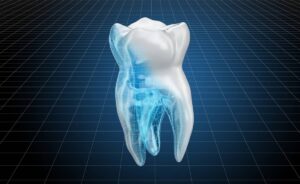Introduction
If you’re about to undergo dental implant surgery, you probably have a lot of questions. You might also be feeling anxious about having the procedure done. Luckily, there are ways to make your experience more comfortable and less stressful—and one of those options is dental sedation. If you’re nervous about receiving dental implants or having oral surgery, then this article will help you understand what types of sedation are available, how they work and when they should be used.

What is dental sedation?
Dental sedation is a medical procedure that involves using sedation to help you relax during dental treatment. Dental sedation is not the same as general anesthesia, which puts you to sleep before the procedure begins. Dental sedation provides relief from anxiety and stress, but you remain conscious throughout your visit with us.
Dental sedation can be used for many different procedures:
- Teeth cleaning
- Fillings
- Crowns
- Root canal therapy (endodontics)
- Extractions
Does dental sedation present other risks?
Dental sedation can cause a number of side effects, including nausea, vomiting and dry mouth. Other possible side effects include drowsiness or headache.
Dental sedation may also make you feel dizzy. This could affect your balance and lead to falls or accidents that result in injury. Therefore, it’s important to bring a friend or family member with you to your appointment to drive you back home.
What is laughing gas sedation?
Laughing gas sedation is also known as nitrous oxide. During your procedure, you will breathe from a mask that has a mixture of oxygen and nitrous oxide to relax you. Because it is a short-acting drug, laughing gas sedation can be used in combination with other sedatives for longer procedures or surgeries such as implant surgery.

What is oral sedation?
Oral sedation is a medication that induces sleep. A pill is taken orally before the procedure, and it takes effect as you enter the dentist’s office. The pill helps to relax your muscles and calm your nerves so that you may feel less anxious during the procedure.
Oral sedation can be used for many different types of dental procedures, including tooth extractions or implants.
What is sleep dentistry?
Sleep dentistry is a form of sedation that uses sleeping pills to help you relax and fall asleep. It’s used to treat anxiety, pain, dental phobia and other issues that might make you nervous about going to the dentist. Sleep dentistry is not intended as a substitute for general anesthesia or dental sedation. If you have severe medical conditions (such as heart disease) or take medications that affect your breathing, sleep dentistry may not be right for you. Ask Dr.Dowlatshahi during your visit for more information to see if Sleep Dentistry is right for you.
How do I know if I need dental sedation?
- If you are anxious about the procedure.
- If you have a fear of needles or injections.
- If you have a fear of the dentist.
- If you are unable to relax or control your emotions, like crying or laughing during treatment.
- If you are unable to stay still during the procedure, even when sedated, which may be more likely if it’s something that’s been bothering you for a while and that has built up anxiety in your body (as opposed to an emergency situation).
What are the cons of dental sedation?
Dental sedation is not covered by insurance and may be quite costly, especially if you have several teeth that need to be extracted.
If you’re considering getting dental sedation for your dental implant procedure, make sure you discuss all of the possible side effects with your dentist beforehand so they can prepare you for what might happen during and after surgery. Some common side effects are nausea and vomiting; dry mouth; feeling drowsy or lightheaded; dizziness when standing up quickly; constipation; trouble concentrating or focusing on tasks like reading or driving; diarrhea (in rare cases); itching/rash due to medication sensitivity (also in rare cases).
What are the pros of dental sedation?
- It’s a great option for those who need to get dental work done but are not able to manage the experience of regular dental procedures.
- This method can help reduce anxiety, pain and stress.
- It allows you to relax and enjoy the experience of getting your dental implants done.
Dental sedation can calm anxiety and relieve pain.
The dental team at Dr. Dowlatshahi’s office may prescribe a sedative, or tranquillizer, to relax you before your implant surgery. Dental sedation can be a safe and effective way to manage anxiety and pain during dental procedures. It can also be used to treat a wide range of dental problems, from simple cleanings to more complex treatments that require anesthesia.
In addition, many people find that dental sedation is helpful in managing anxiety disorders such as panic attacks or phobias. This type of treatment has been shown to improve self-esteem and confidence levels by reducing feelings of social withdrawal, isolation and depression associated with panic attacks or phobias

Conclusion
If you have any questions about dental sedation, please contact us at (416) 887-6987. We’re happy to help!


